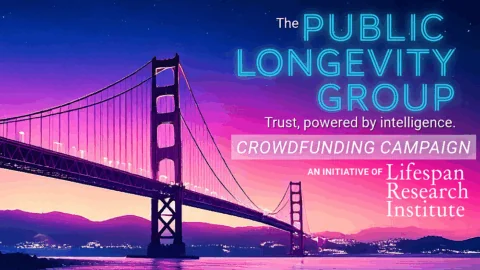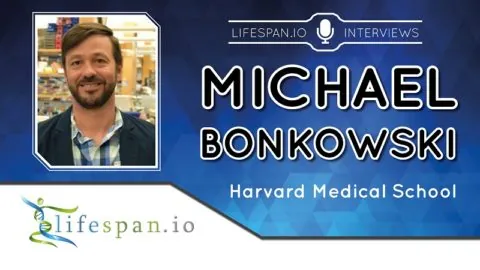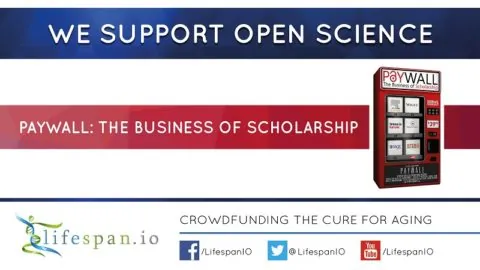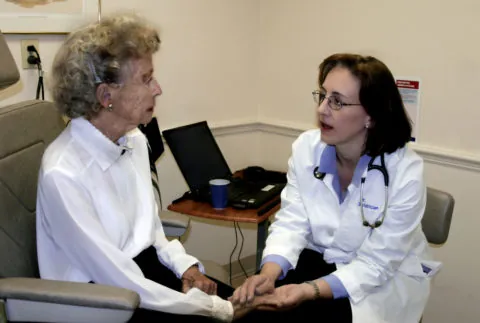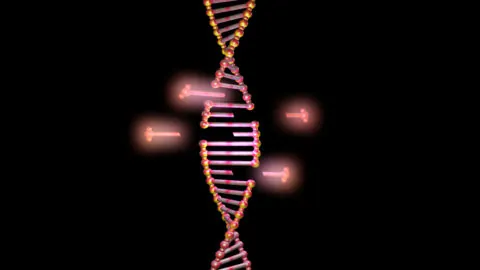September 17, 2025
[Mountain View, September 17, 2025] — Lifespan Research Institute (LRI) today announced the launch of the Public Longevity Group (PLG), a new initiative focused on bridging the cultural gap between scientific breakthroughs in aging and their public acceptance. To kickstart its work, PLG has opened a crowdfunding campaign to develop tools that measure and strengthen...
September 28, 2018
Even with an increasing number of articles about aging and rejuvenation technologies in mass media, the general public's lack of information remains a problem. Pro-longevity organizations try to spread useful information; however, it's clear that this information is, quite often, only delivered to current members of the community instead of to a new audience. My...
September 25, 2018
Today, we have an interview with Dr. Michael Bonkowski, an expert on NAD+ biology and aging from the David Sinclair Lab, Harvard Medical School. Michael Bonkowski aims to advance our understanding of the links between metabolism, aging, and age-associated diseases. He has published 35 peer-reviewed journal articles and has conducted multiple successful longevity studies. In...
September 14, 2018
One of the reasons why the idea of rejuvenating people isn't all that easy to sell is that it challenges the status quo. For good or bad, we're used to the fact that our health goes south on us as time goes by, ultimately killing us if nothing else does. That's not a nice certainty...
September 12, 2018
Today, we want to let you know that the documentary Paywall: The Business of Scholarship is now available in both English and Russian. This is a documentary exploring the crisis in scientific journal publication and the excessive fees that some publishers charge to access knowledge. Holding scientific knowledge to ransom Around 70% of scientific publications...
September 07, 2018
Some time ago, I noticed a stock photo of an old lady seeing her geriatrician, who was a much younger woman. Nothing special was happening in the picture, which showed just two people talking; however, it made me wonder what it must feel like to be an elderly person consulting a geriatrician. One initial assumption...
September 06, 2018
Scientists at Stanford University School of Medicine managed to administer effective gene therapy in mice without triggering an autoimmune reaction. The research, led by Dr. Peggy Ho, Ph.D., was published in the Proceedings of the National Academy of Sciences [1]. Study abstract In gene therapy for Duchenne muscular dystrophy there are two potential immunological obstacles....

